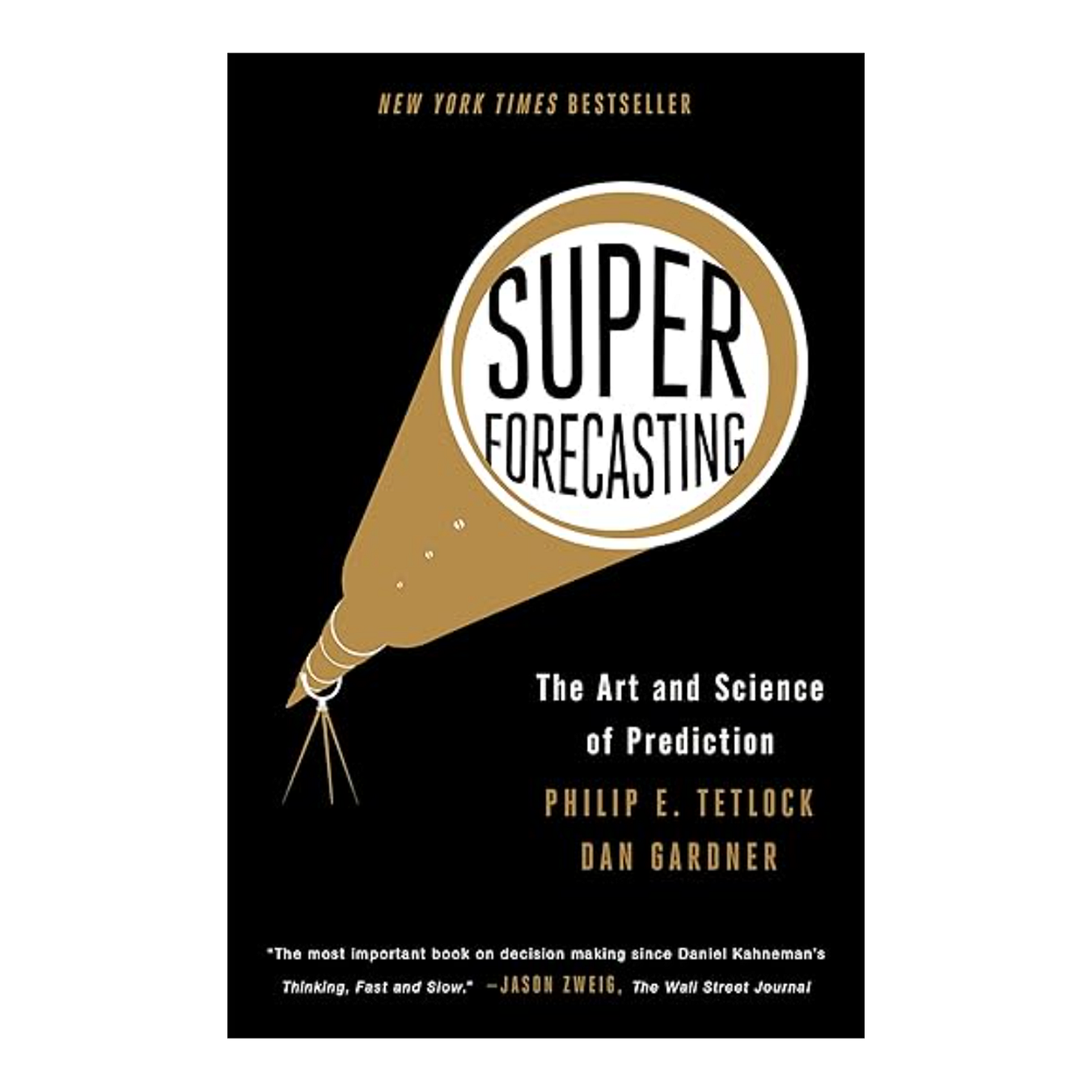The Road Not Taken
How a poem can help put long-lerm investing in better perspective
Robert Frost’s classic poem, “The Road Not Taken,” begins with the lines:
Two roads diverged in a yellow wood,
And sorry I could not travel both.
When it comes to investing and other big life decisions, choosing one path—e.g., your Asset Allocation—precludes another path.
This brings us to one of the most challenging aspects of investing: human nature.
The “Safe Path” isn’t Always the Safe Path
What we’re particularly concerned about is your investment strategy—your Asset Allocation—when you’re further away from retirement.
While conservative investments are the least risky in the short run, they are the most risky in the long run because of their poor compounding rate—i.e., they are the least likely to help you achieve your long-term financial goals.
Sticking to the “conservative” path is one of the primary reasons investors don’t reach their long-term financial goals.
But taking a long-term perspective can be challenging. It means you have to try to ignore all the negative commentary about the short-term ups and downs of the stock market—they don’t matter to the long-term investor.
How to Ignore The Noise
In order to ignore financial noise, it helps to know why you see so much of it.
We would contend that the better you understand investing, the more confident you’ll be in the process and the less stressed you’ll be than if you don’t understand it.
Investment education is a key part of achieving Financial Mastery—i.e., the ability to make smart financial decisions automatically.
So, why all the confusing commentary?
Let’s take a look at the motivation for short-term market forecasts.
Superforecasting
The following excerpt is from the book Superforecasting by Philip E. Tetlock and Dan Gardner.
Open any newspaper, watch any TV news show, and you find experts who forecast what’s coming. With few exceptions, they are not in front of the cameras because they possess any proven skill at forecasting. Accuracy is seldom even mentioned.
Old forecasts are like old news—soon forgotten—and pundits are almost never asked to reconcile what they said with what actually happened.
The one undeniable talent the talking heads have is their skill at telling a compelling story with conviction, and that is enough.
Many have become wealthy peddling forecasting of untested value to corporate executives, government officials, and ordinary people who would never think of swallowing medicine of unknown efficacy and safety but who routinely pay for forecasts that are as dubious as elixirs sold from the back of a wagon.
Why it’s OK—Actually Healthy—to Ignore Daily Market Commentary
What this comes down to is that what you’re constantly hearing about investing has little to do with helping you make good investment decisions. It’s to get your attention, like commentary on so many other subjects.
The reality is that investing should be boring. If financial commentators were to focus on Compounding and long-term investing, they’d have little new to say on a daily basis.
This makes investing seem more complicated and confusing than it really is.
It doesn’t mean that you should ignore your investments. You should review your strategy with a financial advisor periodically if you’re not comfortable doing it yourself.
You don’t, however, need to get caught up in the daily ups and downs of the markets. All that does is to create unnecessary financial stress.
Your Company Match is More than Free Money
One way to deal with the financial noise, especially all the negative market commentary, is to realize you have a way to combat it—your discretionary company matching contribution.
A company match is often described as “free money,” but it’s much more than that.
Let’s say you contribute 6% to your 401(k) plan, and you receive a 4% company match.
Even if the stock market goes down significantly, you’ll still have all the money you put in (and will be better off than if you hadn’t made a contribution).
The match acts as a cushion against market declines.
And it gets even better.
Recall the power of Compounding we covered in Week 1.
Your company match doesn’t just sit there. It begins to compound just like your contributions, meaning it can grow exponentially over time.
So the next time you hear about the market going down, remind yourself that—thanks to the company match—it is very unlikely that you’ve lost any of the money you put in.
Summary
One of the hardest things about investing is the stress you might feel when the market goes down.
The overwhelming, often conflicting commentary about the markets only makes this worse.
It helps to understand that this commentary is largely there to grab your attention, not to help you make smarter investment decisions.
One way to mentally combat this is to realize your company matching contributions serve as a cushion against losing any of “your money,” and that these matching contributions benefit from compounding over time.
Best regards,
Stuart & Sharon




